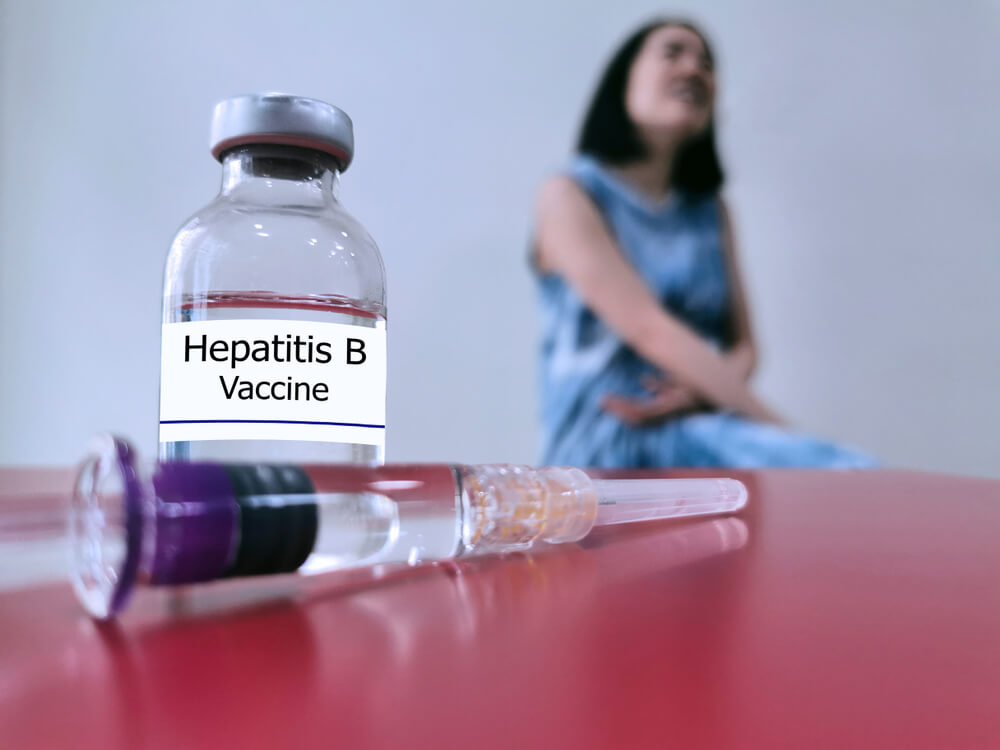A Growing Crisis: Hepatitis B Cases on the Rise
Hepatitis B, a potentially deadly liver infection, is making headlines again as new data reveals a troubling uptick in cases worldwide. Recent studies and policy debates are shining a spotlight on the urgent need for vaccination, expanded treatment, and global cooperation to curb the spread of this silent killer.
Vaccine Controversy: Policy Shifts in the U.S. and Abroad
One of the most controversial developments comes from Florida, where state officials are moving to make the hepatitis B vaccine
optional for infants—despite a documented rise in cases across the state. Public health experts warn that loosening vaccine requirements could reverse decades of progress in preventing childhood infections and future liver disease.
Meanwhile, a key federal vaccine advisory panel (ACIP) recently debated whether to delay the first hepatitis B shot for newborns. After intense discussion, the panel decided to maintain the current recommendation: infants should receive the vaccine within 24 hours of birth. Advocates argue this policy is crucial for protecting the most vulnerable and preventing lifelong chronic infections.
Global Perspective: High Exposure Rates and Elimination Goals
The hepatitis B crisis is not limited to the U.S. A new study out of Ukraine found
high lifetime exposure rates to both hepatitis B and C, underscoring the persistent threat in Eastern Europe and the urgent need for robust screening and vaccination programs.
China, home to the world’s largest population of people living with hepatitis B, remains a focal point in the global fight. The World Health Organization (WHO) has set an ambitious target to eliminate hepatitis B as a public health threat by 2030, but progress is uneven and challenges remain, especially in regions with limited access to healthcare and vaccines.
Treatment Gaps: Calls for Expanded Access
Experts are also sounding the alarm about
underused hepatitis B treatments. New recommendations from leading hepatologists suggest that expanding the criteria for who receives antiviral therapy could save thousands of lives each year. Many people with chronic hepatitis B remain untreated, increasing their risk of liver cancer and cirrhosis.
The Stakes: Why Hepatitis B Still Matters
-
Every 40 seconds, someone dies of liver cancer linked to hepatitis B.
- Chronic hepatitis B can be managed with antiviral drugs, but only if diagnosed and treated early.
- Universal screening and vaccination remain the most effective tools for prevention.
What’s Next: The Path Forward
The fight against hepatitis B is at a crossroads. As some regions debate rolling back vaccine mandates, others are doubling down on screening, treatment, and public education. The WHO and advocacy groups are urging governments to stay the course on universal vaccination and to expand access to lifesaving therapies.
For individuals, the message is clear:
get vaccinated, know your status, and seek treatment if needed. For policymakers, the stakes could not be higher—decisions made today will shape the future of hepatitis B for generations to come.
Sources
1. Message by the Director of the Department of Immunization, Vaccines and Biologicals at WHO - September 2025
2. News coverage of our programs - Hepatitis B Foundation
3. Key federal vaccine panel tables vote on delaying newborn hepatitis B shot
4. Countdown to 2030: eliminating hepatitis B disease, China - PMC
5. Hepatitis B is rising in Florida. The vaccine against it will soon be ...
6. We Should Treat More People with Hepatitis B, SLU Expert Says
7. News Archives - Hepatitis B Foundation
8. Hepatitis B - CDC
9. New study reveals high lifetime exposure to hepatitis B and C in ...
10. Hepatitis - World Health Organization (WHO)
